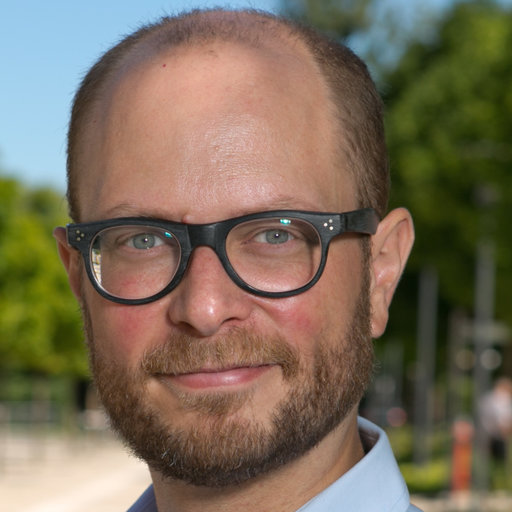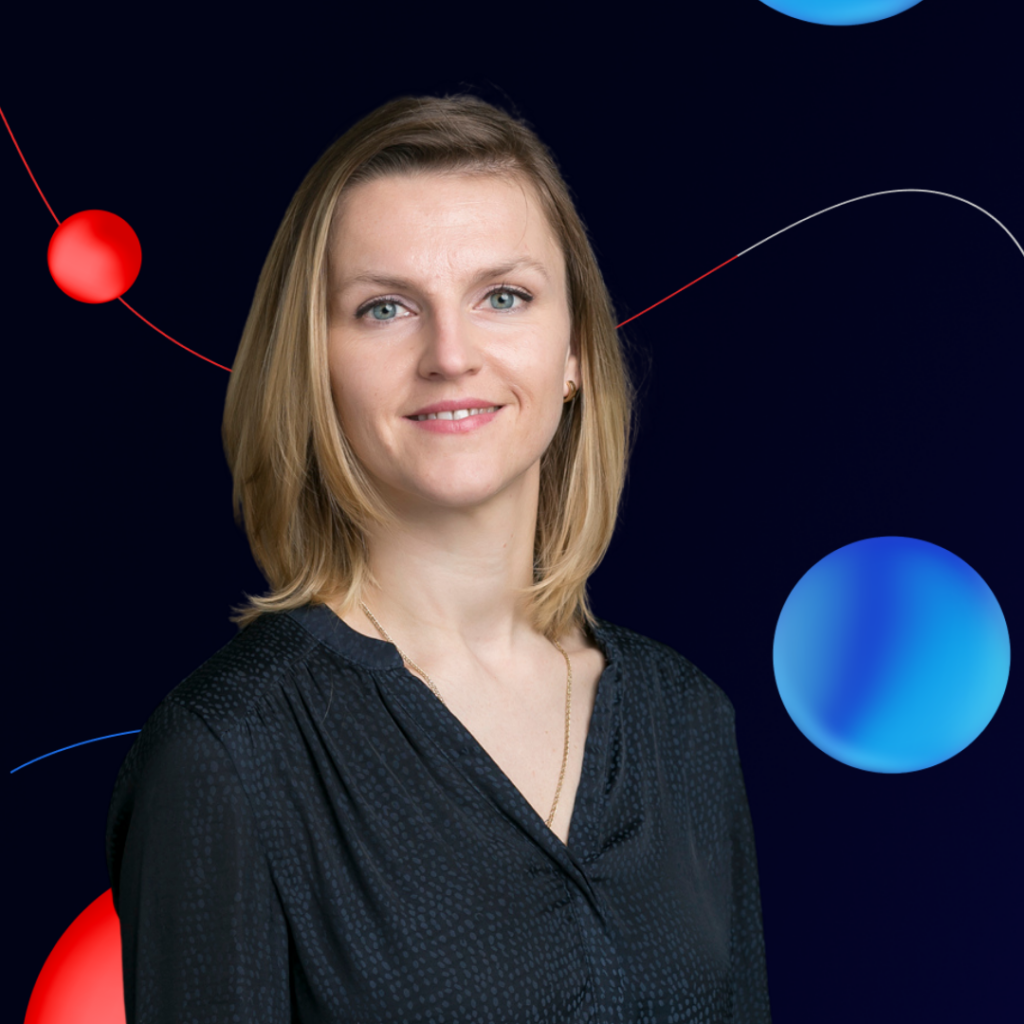Teaching in the digital and social media age
10 June 2021
How do digital technologies and social media fit in with teaching in Luxembourg? Are they changing educational approaches?
Dr Bob Reuter, a senior lecturer and Vice-head of the Research Institute for Teaching and Learning at the University of Luxembourg, examines how schools in Luxembourg are reacting to the digital revolution. What does teaching with digital media look like?
How digital has changed the face of teaching
Over the last decades, digital media and technologies have profoundly changed how people access information, how they communicate with each other, how they collaborate, how they produce knowledge and art and how they publish their works. Google, smartphones and applications, to name but a few, have fundamentally changed the way we get access to knowledge and the way we learn.
Schools, as privileged places of learning, have largely not adapted their everyday functioning to these ambient changes. As a matter of fact, the devices that give us the means to tap into sources of information are often forbidden in schools.
In his research Dr Bob Reuter examines how teachers use digital media to teach, which pedagogical practices are supported by the help of digital technologies but also how pedagogical practices have changed over the last decades under the influence of digital.

“I study the uses of digital media and technologies in educational settings. I’m interested in how and why teachers and students use these tools to support, enhance or transform learning & teaching processes. More generally, I want to understand how digital media and technologies have changed our relationships to knowledge, power, others and ourselves; and how schools have or have not adapted to these changes.”
Dr Bob Reuter
Digital tools used to support teaching not for autonomous student learning
Dr Reuter uses a variety of research methods to find out how teachers use digital media and technologies in their classrooms. These include interviews with teachers to know how they use digital tools, why they use them, what their motivations and fears are. The researcher also uses questionnaires to study, more on large scale, how digital is used in Luxembourg schools. Finally, he regularly goes into classrooms to observe how digital is used, how children use them, together or alone, and how they interact when using tablets.
From data collected, the practices often remain very much based on teacher-centric approaches. It means that teachers use digital technology to support their instruction. Yet, activities where students themselves use digital tools to be creative and productive remain rather rare.
Generally speaking, digital tools fit very well into the traditional teaching mode, where a teacher speaks to the class and uses the blackboard or a projected computer screen to illustrate – with or without multimedia.
01
Schools and teachers are increasingly willing to take up the challenges of the digital revolution
02
Better digital equipment in schools
03
For many teachers, it is still unclear how they should use these new tools in their teaching.
There is therefore a need for training programmes that help teachers to consider advanced and transformative uses of digital in education.
Digital(4)Education
A teacher with a learner-centric approach to teaching will adopt new technologies more readily than a teacher with a teacher-centric approach, or at least their uses will be quite different in terms of learning/teaching activities that can be supported or enhanced by digital tools.
Based on these findings, the Luxembourg researcher supports schools in teaching differently, enriching them through the use of media and technology. In particular, he advises the Ministry and certain schools on the implementation of the “Digital(4)Education” strategy.
Aimed to develop skills & know-how fit for the 21st century, Digital4Education’s mission is to prepare young people for a professional landscape of rapid and permanent change.
Find out more about of the Research Institute for Teaching and Learning of University of Luxembourg.








